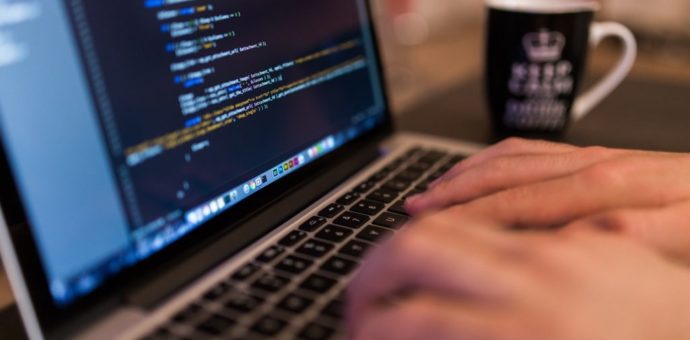The Colombian Ministry of Information and Communication Technologies (MinTIC) has opened a public call for projects based on the so-called “Industry 4.0”, which includes the use of blockchain and other technologies. The receipt of proposals runs until August 19. The initiative will select the three best projects to be applied in three areas: transport sector, energy and culinary culture.
Those selected will be able to sign contracts of 45 million pesos (US$ 12 thousand) to 70 million pesos (US$ 19 thousand). If each selected proposal obtains the 70 million pesos, the equivalent of US$ 56 thousand in total will be distributed.
The allocation of resources will depend on the score obtained in the hackathon for the development of the functional stage of the project. The 10 projects with the greatest potential will be selected preliminary from each area. Once chosen, they will follow to the “Hackathon RetoLab 2020”, where the three winners will be presented, one for each area: transport, energy and culinary culture.
Blockchain use cases in Colombia
In the area of transportation, the goal is to answer the question of how to monitor the speed, positioning of trucks and types of cargo to increase road safety. In the case of the energy sector (Ecopetrol), the authorities intend to identify anomalies in industrial equipment, such as centrifugal turbo compressors.
With regards to cookery, the intention is to find a solution to promote, protect and teach traditional Colombian cuisine. The idea is that through gastronomy, tourism is promoted and, at the same time, a generational relay is maintained in the preparation of recipes.
The solutions can integrate a combination of technologies that also includes: Artificial intelligence, cybersecurity, internet of things, Big Data, virtual and augmented reality, integration systems, 3D printing, simulation and cloud technologies, according to Cryptonoticias.
Subsidies for blockchain projects in Colombia are nothing new. CryptoNews reported in January this year that the country would allocate US$ 5.5 million to fund initiatives with distributed records.







